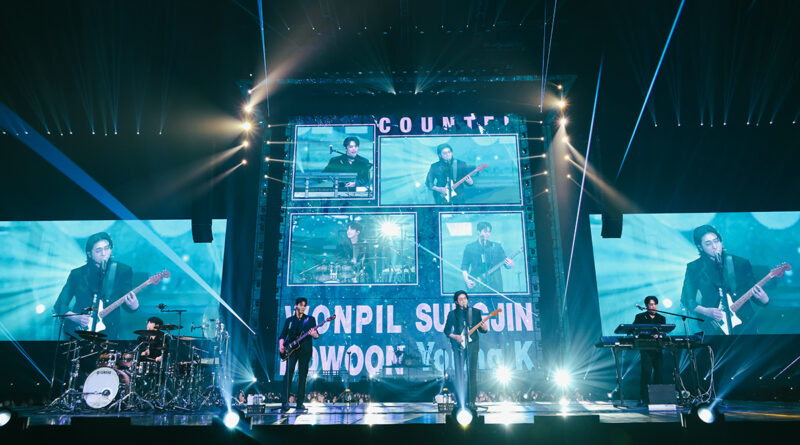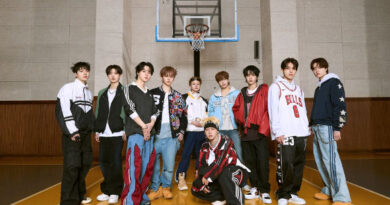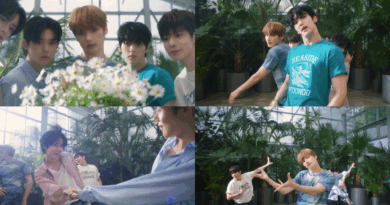K-Band Renaissance: How DAY6 and Emerging Artists Are Reviving the Festival Stage
The pandemic may have silenced live stages temporarily, but in its aftermath comes a musical rebirth in Korea—this time, championed by bands. The return of in-person concerts has sparked a sweeping ‘band boom,’ with groups hauling up their instruments and commanding festival stages with unmatched vigor.
Among the torchbearers of this movement, DAY6 reigns supreme. Celebrating their 10th anniversary, the group—long known for self-written tracks that blend lyrical introspection with rock energy—reclaimed the charts with retroactive hits like “You Were Beautiful” and “Time of Our Life” during their military hiatus. Upon their return, singles like “Fourever” and “Band Aid” struck again, proving DAY6’s enduring appeal. Starting in Hongdae’s indie venues and now selling out six shows at KSPO Dome, the group exemplifies a slow-burning success turned into a nationwide phenomenon.
This resurgent love for live instrumentation has revitalized long-standing bands as well. Veterans like DAYBREAK and Soran continue to cultivate loyal fanbases with unique branded performances. DAYBREAK celebrated their 18th year expressing excitement at the newfound appreciation for band music. “More bands are forming, and dormant ones are returning. Stars of this wave will help sustain it,” the members reflected.
CNBLUE laid foundational stones for the genre’s mainstream breakthrough back in 2010. Their early success and determination—such as building custom sound setups for TV to prove their live chops—cemented the group’s reputation. Now, members like Kang Min-hyuk see fresh hope in the thriving ecosystem. “Today’s environment supports diverse music genres. Band culture has evolved alongside the industry,” he said.
Up-and-comers are driving the movement forward too. N.Flying’s sleeper hit “Oktapbang” found new life on the charts, especially helped by Lee Seung-hyup’s appearance in the hit K-drama “선재 업고 뛰어.” There, he portrayed band member in “Eclipse,” with the OST “Sonagi” even charting on Billboard. Similarly, groups like Lucy fuse classical violin with indie charm, gaining traction with songs like “Gaehwa.”
Extraordinary Heroes serves a powerful sound palette for purists of rock, while Dragonpony, newly debuted under Antenna, embody a new generation. “Even the word ‘band boom’ itself is motivating,” Dragonpony shared. “Our seniors kept the flame alive. Now we want to help fuel the engine.”
Crucially, modern band music is not restricted to metal or punk. It encompasses an array of sub-genres, reflecting a general rise in musical literacy among the public. People no longer view bands as niche—they’re accessible, exciting, and authentic. Festivals and college campuses—with their demand for real-time connection—amplify the appeal of live bands.
The international stage recognizes this wave too. Coldplay recently held a six-concert run in Korea, while legendary acts like Guns N’ Roses and Oasis are slated for monumental returns. These sellouts affirm what Korean fans already know: There’s no substitute for a roaring guitar, live drums, and a voice that electrifies the crowd—especially under spring skies.
As Z-gen audiences seek immersive, communal moments, Korean bands are leading the revival—not just at home, but globally. The stage is vibrant again, and the soundtrack is live.




